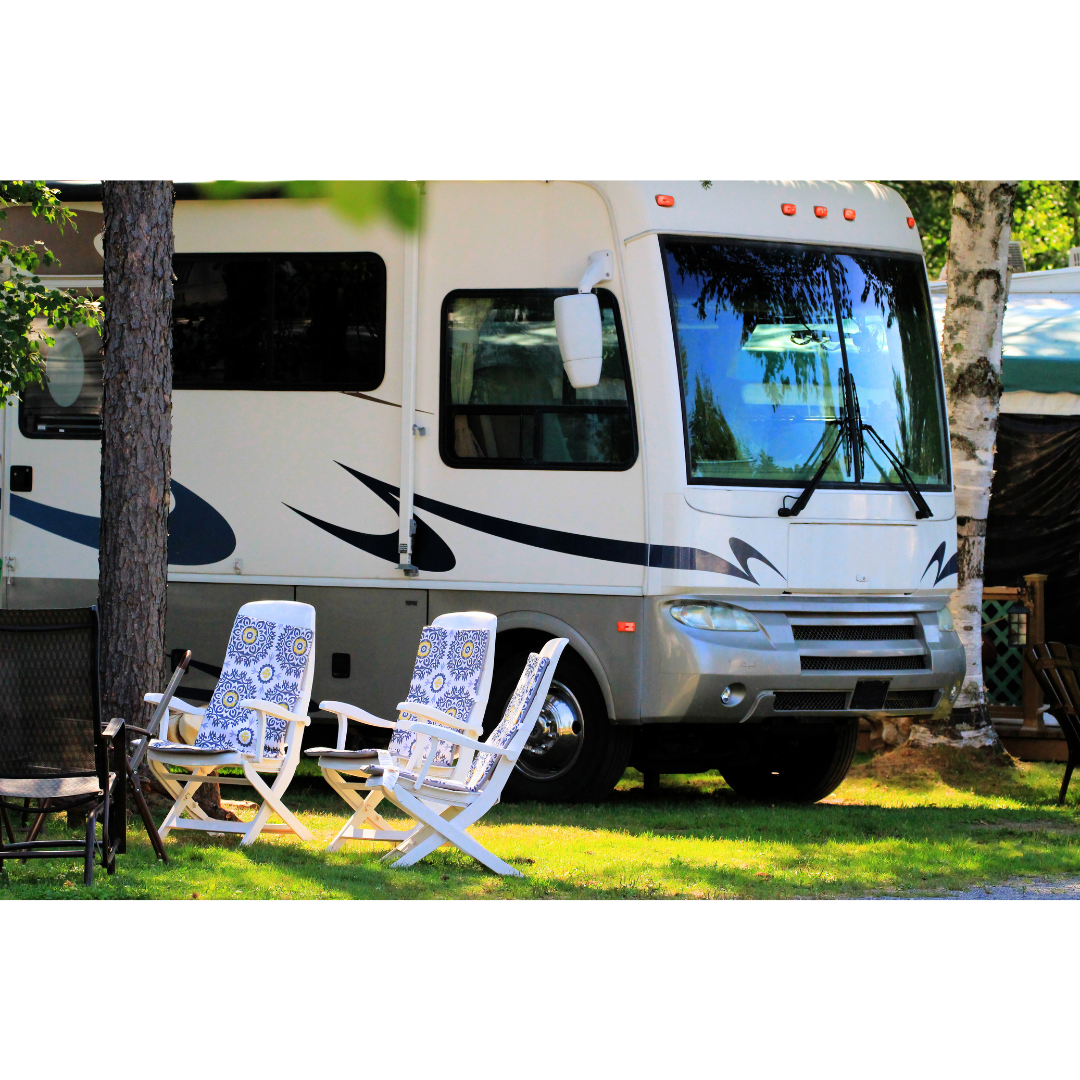Mold can be a significant issue in recreational vehicles (RVs), causing everything from musty odors to serious health problems. It’s important to stay vigilant and take steps to prevent mold from taking over your RV. In this article, we’ll share some top RV mold hacks that you can use to keep your RV clean and mold-free. Whether you’re a full-time RV inhabitant or use your RV for weekend getaways, these RV mold hacks will help you keep your home on wheels and in top shape.
Top RV Mold Hacks
Let’s dive deep into the details of different RV mold hacks!
1- Keep your RV clean and dry
It’s essential to keep your RV clean and arid to prevent mold from growing. It means regularly wiping down surfaces to remove dirt and grime and drying off any moisture or water that accumulates in the RV.
Mold grows best in damp, humid conditions, so keeping your RV clean and dry can help control mold’s growth and keep it from becoming a problem.
2- Use a dehumidifier
A dehumidifier is a device that removes dampness from the air, making it a valuable tool for preventing the growth of mold in an RV. If your RV tends to be humid, using a dehumidifier can help to decrease the moisture in the air, creating a less warm environment for mold. Dehumidifiers work by pulling in air and passing it over a cooling coil, which causes the dampness in the air to condense into water.
Depending on the model, the water is collected in a tank or drained out through a hose. By running a dehumidifier in your RV, you can help to keep the humidity levels low and reduce the risk of mold growth.
3- Keep your RV well-ventilated
Ventilating your RV is an integral part of preventing mold growth. By opening windows and using exhaust fans, you can help to circulate the air and remove moisture from the RV. It is imperative when cooking, showering or running the generator, as these activities can produce water.
By keeping your RV well-ventilated, you can help to prevent the accumulation of moisture and reduce the risk of mold growth. In addition to opening windows and using exhaust fans, you can use a ceiling fan or portable fan to help circulate the air and reduce humidity in your RV.
4- Repair any leaks
If your RV leaks, it’s vital to repair it as soon as possible to prevent water damage and mold growth. Water leaks can cause damage to your RV’s walls, floors, and ceiling, as well as its furnishings and other equipment.
In addition, leaks can lead to the growth of mold, which can be difficult to remove once it takes hold. To repair a leak in your RV, you will need to specify the source of the leak and fix it.
It may involve repairing or replacing damaged pipes, seals, or other components. If you need help repairing the leak yourself, you should seek the service of a professional. You can help prevent water damage and mold growth in your RV by fixing leaks promptly.
5- Use a mold-inhibiting spray
To prevent mold growth in your RV, you can use a mold-inhibiting spray on surfaces prone to mold, such as the shower or bathroom. These sprays are designed to inhibit mold growth on surfaces, helping to keep your RV clean and free of mold. There are several mold-inhibiting products on the market, so you can choose one that works best for your RV.
6- Clean and dry your RV thoroughly before storing it
If you’re planning to store your RV for an extended period, it’s essential to clean and dry it thoroughly before putting it into storage. To clean your RV, wipe down all surfaces and vacuum the floors to remove dirt and grime. It’s also a good idea to clean the fridge, stove, and other appliances to prevent mold growth and other organisms.
Once you’ve finished cleaning, be sure to dry your RV thoroughly. Cleaning and drying your RV thoroughly before storing it can help prevent mold growth and keep it in good condition.
Conclusion
Mold can be a significant problem in RVs, but by using these top RV mold hacks, you can help to prevent its growth and keep your RV clean and healthy. From keeping your RV clean and dry to using a dehumidifier and keeping it well-ventilated, there are many measures you can take to prevent mold from taking over your home on wheels. By following these tips, you can relish your RV without the worry of mold.






